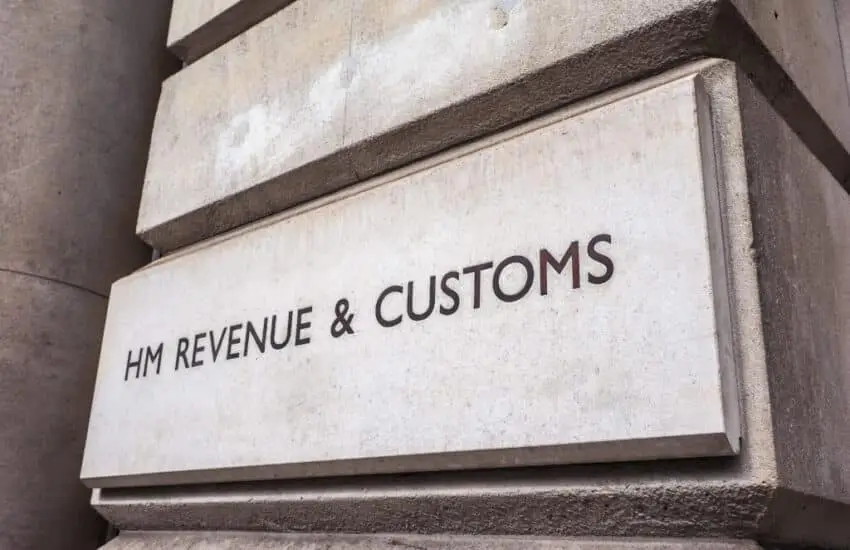In the lead-up to the recent elections, the HMRC’s decision to withhold offshore tax avoidance figures drew considerable controversy.
The release of these figures was delayed, allegedly to prevent influencing public opinion during the election period.
Delayed Release of Offshore Tax Figures
The withheld figures pertain specifically to “non-compliance by UK residents failing to declare their offshore income.” HMRC cited election period guidelines which advise against publishing controversial statistics that could compete with parliamentary candidates for public attention.
TaxWatch Challenges HMRC Decision
Claire Aston, director of TaxWatch, stated, “The main political parties pledged in their election manifestos to raise more revenue by closing the tax gap, and given that, these figures should not have been held back.”
Mounting Pressure Since September 2021
Despite this disclosure, HMRC did not provide estimates on the amount of foreign financial accounts that were not properly declared by UK residents.
Impact of Common Reporting Standard
This has given tax officials valuable new data, helping them identify and address offshore tax avoidance.
Skepticism About Potential Revenue
Porter estimated the total gross tax gap for individuals who complete self-assessment tax returns to be around £2bn. He believes the offshore tax gap is likely a smaller fraction of that amount.
Labour’s Plans to Curb Tax Avoidance
This includes targeting non-domiciled individuals who exploit loopholes to avoid UK taxes.
Challenges in Reducing Tax Gap
They advised politicians to be cautious about prematurely spending projected revenues from these efforts.
HMRC’s Defence
An HMRC spokesperson defended the agency, stating, “We have a strong track record in tackling offshore non-compliance. Since the launch of our No Safe Havens strategy in 2019, we have secured almost £700m from offshore initiatives.”
The HMRC’s decision to withhold offshore tax avoidance figures has sparked significant debate and scrutiny.
As pressure mounts from various sectors, the eventual release of these figures could have profound implications for UK tax policy.


